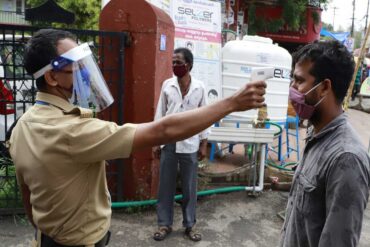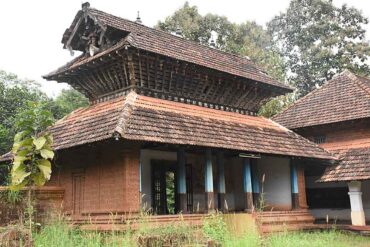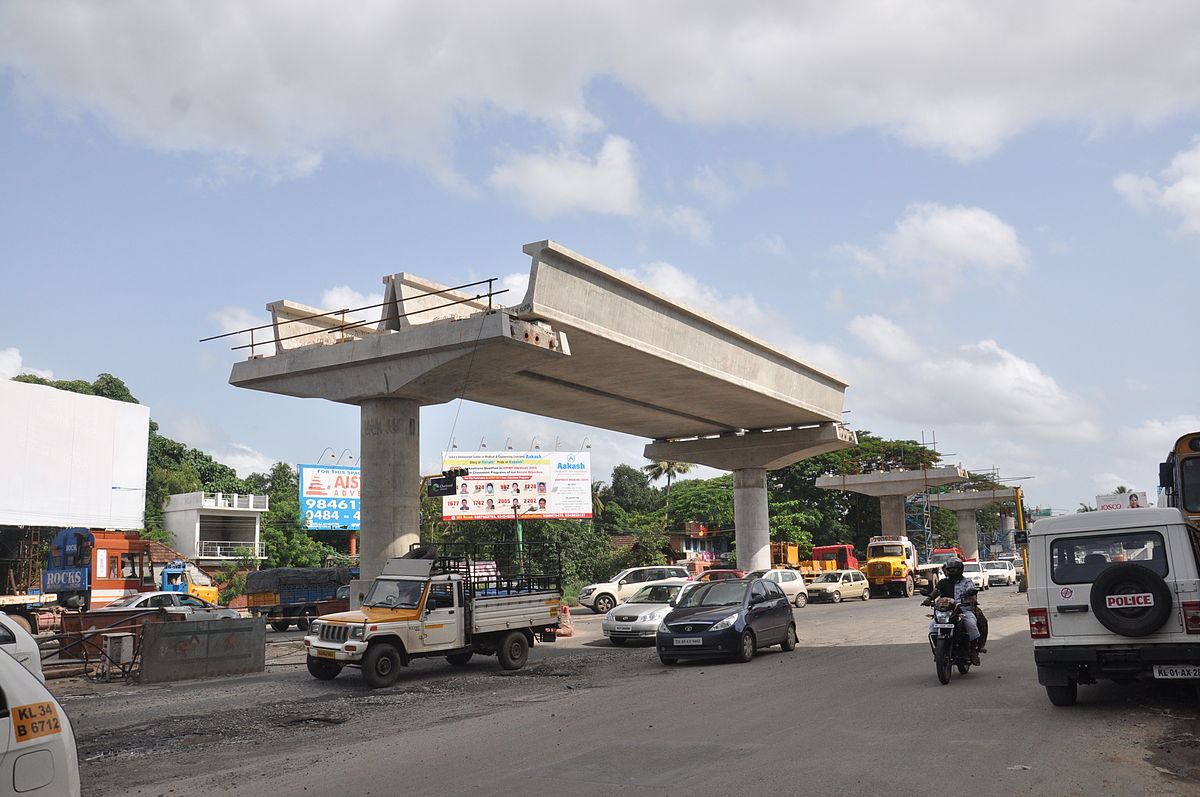The ticket fares for the much-awaited Kochi Metro Rail has been finally fixed. The minimum ticket will cost Rs. 10 and commuters can travel between any two stations with this ticket. Whereas, the 25-km-long Aluva-MG Road-Pettah stretch will cost Rs. 60, which is the maximum fare. According to KMRL sources, the fares have been fixed based on the ridership projection mentioned in the detailed report prepared by the DMRC in 2011, which was later revised in 2014.
Are these fares appropriate? Will the common man think that the Metro is more economcal? Making a proper distinction is very difficult in this case because decision making in the public transport area includes some degree of uncertainty. It is therefore the responsibility of the authorities to know the factors that influence future demand for the sake of planning and making right decisions. These factors include availability, accessibility, dependability and feasibility for the public as well as the operator.
The major aim of any public transport service, including Kochi Metro, is service productivity and efficiency, both of which are closely related to the level of demand obtained by them. Other objectives also include cutting down traffic congestion, which in turn reduces environmental costs. But the most important aspect of all is making public transport viable for the public.
“If the public get a feeling that they can travel to a desired destination in their own vehicles with the same amount they are spending as the ticket fare for the Metro, they would anyway prefer travelling in their car or motorcycles,” says Dhanuraj, Chairman, Centre for Public Policy Research, adding that the best way to get a long-term and sustainable output is to make public transport the first option for the public, which can only be achieved by making it available at low price.
Mr. Dhanuraj is of the opinion that it is the basic instinct of a person to think that if he has to pay Rs. 60 to travel from Aluva to Tripunithura, then it would be more convenient if he opts for any other transport system, which will enable him to get down anywhere he feels like.
It can be said that the authorities, rather than depending on the study carried out by IIM – Bengaluru, should have asked the local bodies to study the situation because they are well-versed with the real-time problems and demands of the public.
KMRL sources, however, claim that the fares are only moderate as the working cost of the Metro is more and that its maintenance is also expensive.
Explaining the fare structure, the officials informed, “The fare has been fixed by comparing other public transport facilities like buses, cars, etc. They are marginally higher than Volvo city buses. But it is worth paying for the comfort, time-saving factor, and dependability of the Metro. Even then the fares are less when compared to that of Chennai Metro and are on par with the Bengaluru Metro.”
The officials also informed that ‘Kochi-1’ smart cards would be made available. These cards, which are being provided by Axis Bank, will help regular commuters to avail discounted rates. A mobile phone application is also set to be launched.
Comfort and dependability is always higher in one’s own vehicle. Therefore, it is the responsibility of the authorities to properly study all these factors on a regional basis before fixing any rate.
By Ajithpithu, CC BY-SA 3.0, via Wikimedia Commons.






